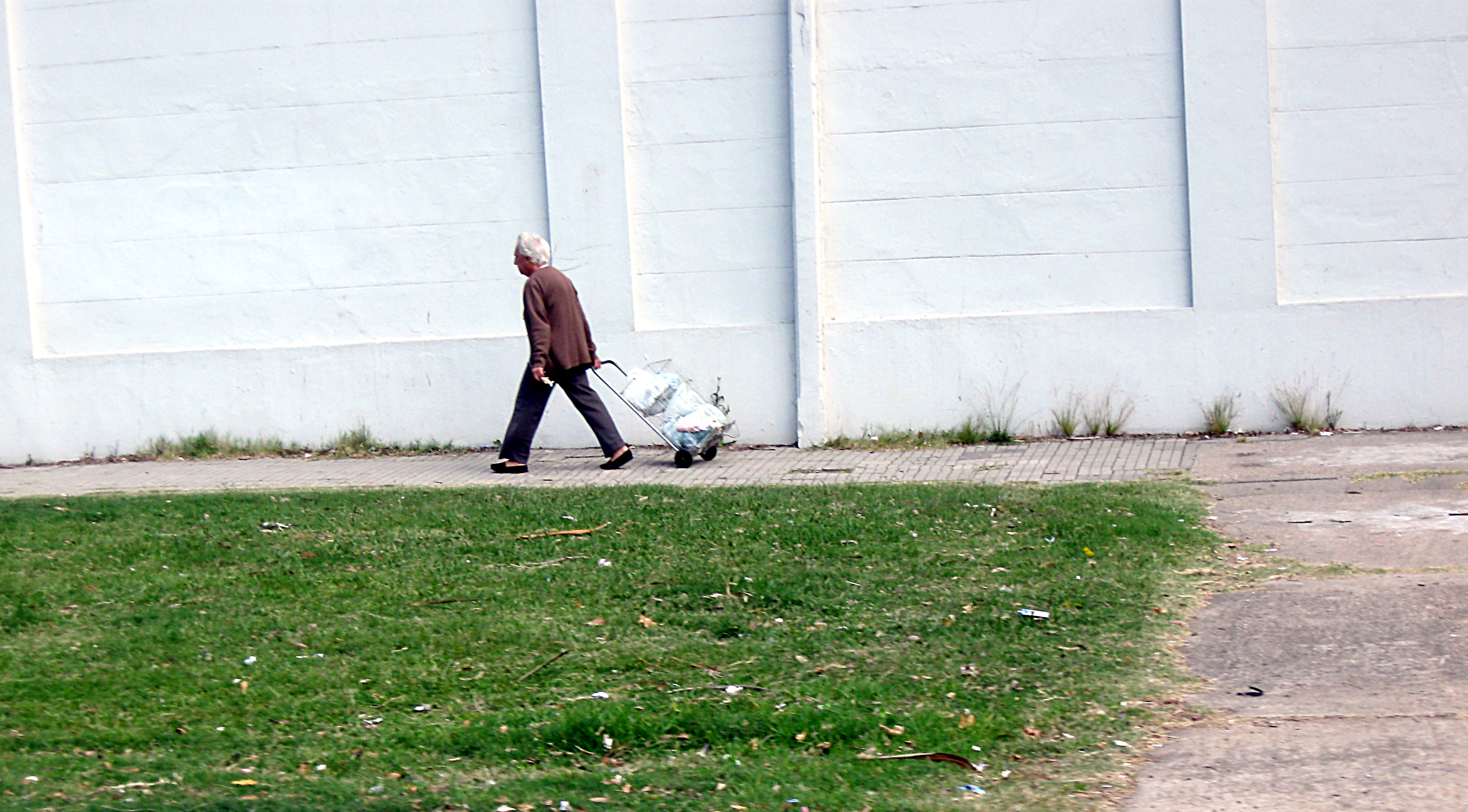
18 Dec What assets count for Medicaid?
Q. I am currently going through the Medicaid application process with my mother and am a bit fuzzy on personal possessions. Does her paid-off nine-year-old car count as a personal possession or will I need to sell it? I would like to hand it down to another family member in need.
— Helping
A. Qualifying for Medicaid is an often misunderstood process, especially as it relates to what assets must be used before getting coverage for long-term care.
To qualify for Medicaid coverage in a nursing home, the applicant must be determined to be eligible both financially and medically, said Shirley Whitenack, an estate planning attorney with Schenck, Price, Smith & King in Florham Park.
Financial eligibility is determined through an income test and a resource test, she said. Then medical eligibility is determined through a preadmission screening (PAS) performed within six months of the anticipated eligibility date, whereby the applicant must establish that he or she requires assistance with at least three activities of daily living, Whitenack said.
Let’s cover more specifics on financial eligibility.
Whitenack said the Medicaid program is available to individuals in a nursing home setting whose monthly gross income is below the “income cap” — currently $2,205 — or whose monthly gross income is reduced below the income cap through the establishment and funding of a Qualified Income Trust (QIT).
“An institutionalized individual applying for the program must have countable resources that do not exceed $2,000 on the first moment of the first day of the month in which eligibility is sought,” she said.
To your question, some assets are “non-countable,” including the applicant’s principal place of residence and a car.
“However, the transfer of a non-countable asset for less than fair market value will result in the imposition of a penalty period, which is the amount of time that the Medicaid applicant will be ineligible for Medicaid benefits,” Whitenack said.
The penalty period is calculated by dividing the value of the transferred asset by the statewide nursing home daily rate, which is currently $423.95, she said.
“Assuming the car is worth $10,000, a transfer of the car to another family member will result in a penalty period of 23 1/2 days,” she said.
If the car is worth less, the penalty period would be less, too.
Good luck in helping your mom.
Email your questions to Ask@NJMoneyHelp.com. editing this page again
This post was first published in December 2017.
NJMoneyHelp.com presents certain general financial planning principles and advice, but should never be viewed as a substitute for obtaining advice from a personal professional advisor who understands your unique individual circumstances.
